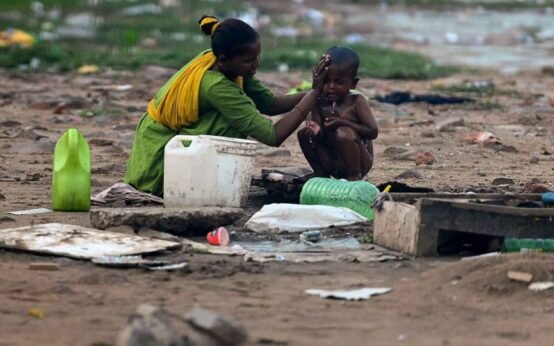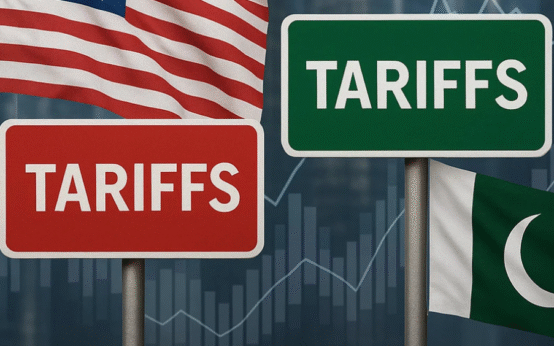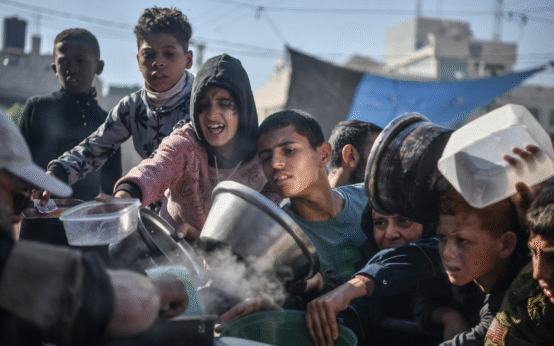Pakistan’s economy Finance Minister Muhammad Aurangzeb recently stressed that the country must accelerate its transition toward a new economy”if it wants to survive global competition and build long-term growth. His call highlights not just the need for short-term recovery, but also the importance of innovation, technology, and modern industries for Pakistan’s future.
Why Pakistan Needs an Economic Transformation
For decades, Pakistan has relied heavily on traditional sectors like textiles, agriculture, and remittances. While these remain important, they cannot alone sustain a growing population and rising demands. The country faces challenges such as high inflation, a weak currency, energy shortages, and mounting external debt.

Aurangzeb argues that Pakistan must break this cycle by moving toward a diversified and modern economy. That means adopting digital technology, supporting entrepreneurship, and expanding into industries like renewable energy, IT services, and high-value manufacturing.
One of the biggest opportunities for Pakistan lies in the digital economy. The country has a young, tech-savvy population and one of the fastest-growing freelance markets in the world. If nurtured properly, IT exports could bring billions of dollars and create jobs for the youth.
Aurangzeb noted that encouraging startups, digital payment systems, and e-commerce platforms could open new markets and reduce reliance on outdated economic models. .
Energy Security and the Green Economy
Energy remains another crucial pillar of Pakistan’s shift. Frequent power shortages and dependence on expensive fuel imports drain the economy. By investing in renewable energy like hydropower, solar, and wind, Pakistan could lower costs, cut its import bill, and reduce carbon emissions.
This transition to a green economy also ties into global climate goals. Pakistan is one of the countries most vulnerable to climate change, so cleaner and more sustainable industries are not only an economic need but also a survival strategy
A new economy cannot grow without a skilled workforce. Pakistan’s education system must adapt to modern needs by focusing on science, technology, engineering, and vocational skills. Partnerships between universities, private companies, and the government could ensure that young graduates are prepared for future industries rather than outdated jobs.
Investment, Policy Stability, and Global Confidence
Foreign investment plays a central role in this transition. However, global investors often hesitate due to political instability, sudden policy shifts, and security concerns. Pakistan will need to ensure policy consistency, transparent regulations, and better governance to attract long-term investment.
Aurangzeb believes that reforms in taxation, banking, and trade policies could strengthen investor confidence. Regional cooperation with countries in South Asia, the Middle East, and China could also expand markets for Pakistani goods and services.
The minister’s call reflects a growing realization: Pakistan cannot continue with business as usual. The “new economy” vision is about digital innovation, renewable energy, better education, and strong global integration.


 Pakistan Among Early Adopters of Wi-Fi 7 in Asia-Pacific
Pakistan Among Early Adopters of Wi-Fi 7 in Asia-Pacific  Pakistan’s Struggle to Reduce Poverty
Pakistan’s Struggle to Reduce Poverty  Pakistan Poised to Launch 5G Services in Coming Months
Pakistan Poised to Launch 5G Services in Coming Months  $500m deal, an economic diversification in USA-Pak ties
$500m deal, an economic diversification in USA-Pak ties  Pakistan Bans Andy Pycroft Entry after Handshake Row
Pakistan Bans Andy Pycroft Entry after Handshake Row  Pakistan Demands Urgent UN Action to End Gaza Crisis
Pakistan Demands Urgent UN Action to End Gaza Crisis